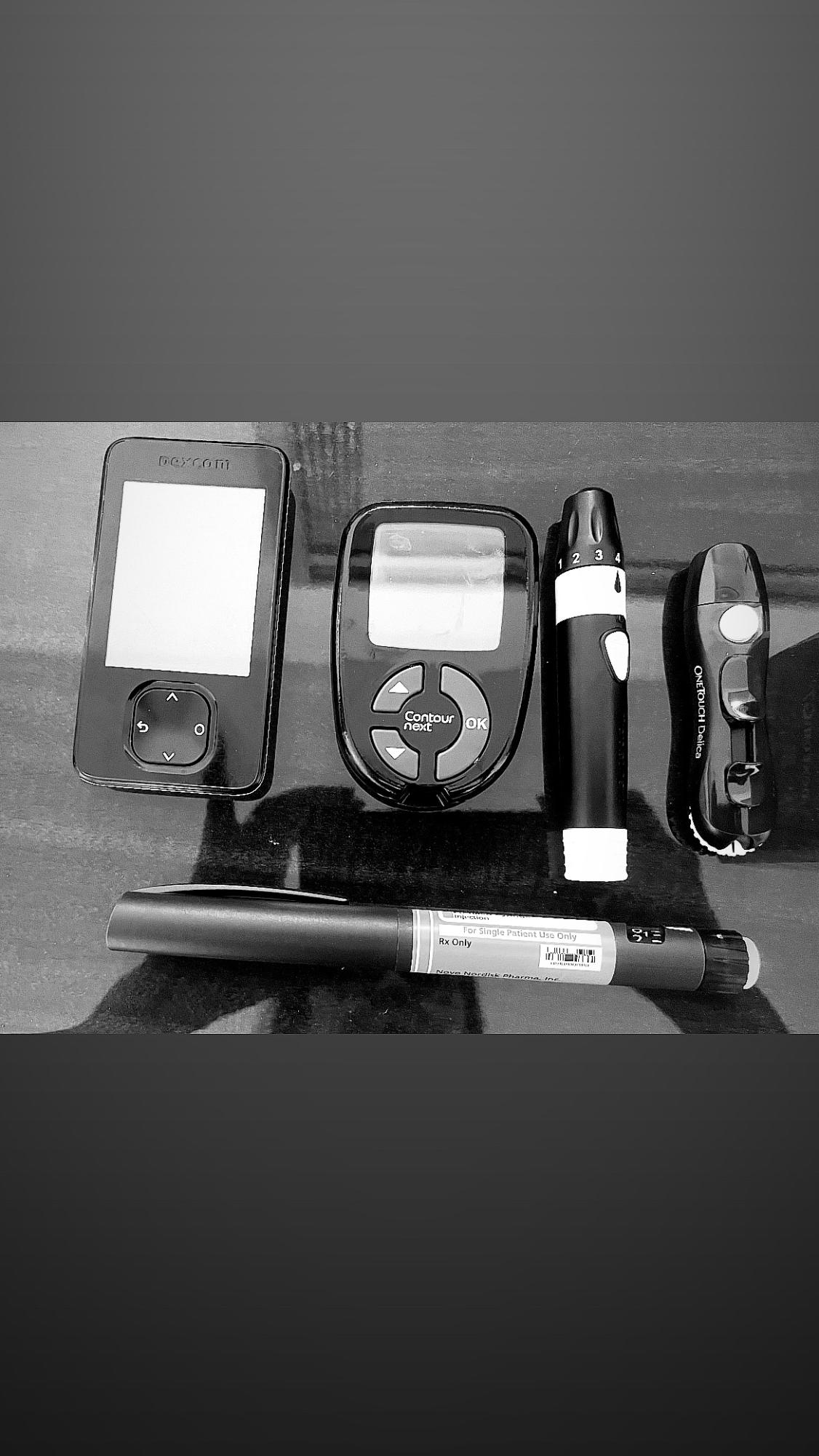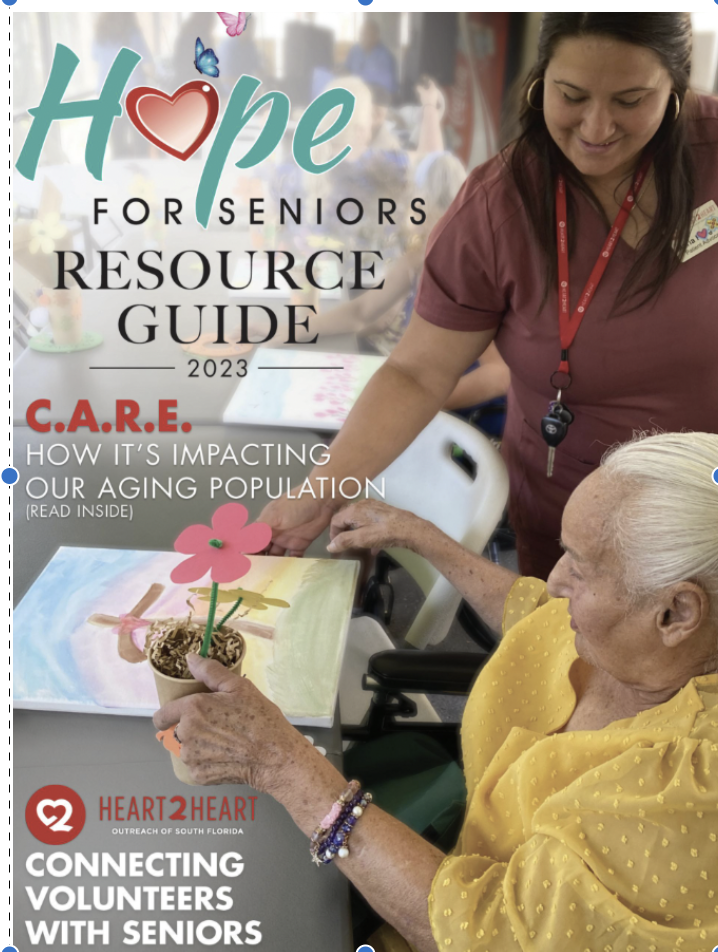After taking in the honest responses from members of the ILS community, it’s clear that while many students have heard of type 1 diabetes, not everyone truly understands what it is. That misunderstanding, though often unintentional, can lead to harmful assumptions and hurtful comments. So, let’s clear things up.
Type 1 diabetes isn’t caused by eating too much sugar, skipping workouts, or making “bad choices.” It’s an autoimmune disease. That means the body’s immune system mistakenly attacks insulin-producing cells in the pancreas. Without insulin, the body can’t turn food into energy properly (American Diabetes Association).
Unlike type 2 diabetes, which is often associated with lifestyle factors, type 1 is not preventable as it is commonly diagnosed in childhood—though it can occur at any age.
Managing type 1 diabetes is a 24/7 job. It involves checking blood sugar, counting carbs, adjusting insulin doses, and often wearing medical devices like pumps or continuous glucose monitors (CGMs). There are no days off and no easy fixes.
Leila Perez, a freshman at Westminster Christian and sister of ILS senior Alexandra Perez, shared:
“It’s invisible until it’s not. Just because someone looks fine doesn’t mean they’re not dealing with something behind the scenes.”
Her words reflect what many living with T1D quietly endure every day: constant monitoring, emotional fatigue, and the pressure to seem “normal” while managing something that most people don’t see or fully understand.
Beyond students, the impact of diabetes reaches across generations. Maria Emilia Rodriguez, grandmother to ILS senior Brecelis Valdes, offered her powerful perspective:
Yet despite all this, many people with Type 1 diabetes face teasing, judgment, or assumptions. Based on our survey, comments often revolve around food—like being told to “stop eating sugar” or being asked, “Should you be eating that?” Others are mocked for using the devices they rely on to stay alive. These jokes might seem small, but to someone who’s constantly managing a serious condition, they can sting.
So what can we do? First, we can learn the facts. Then, we can correct misinformation when we hear it. And most importantly, we can show empathy. Whether it’s through incorporating diabetes education into health classes, creating awareness events, or simply being more mindful of our words, there are real ways to make ILS a more informed and supportive space.
You don’t need to be personally affected by type 1 diabetes to care about it. Sometimes, awareness starts with a conversation—and kindness is a great place to begin!










